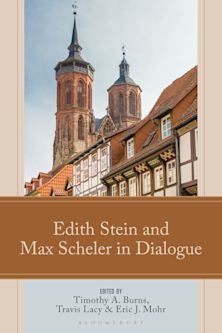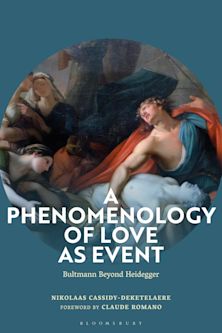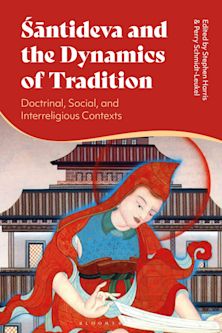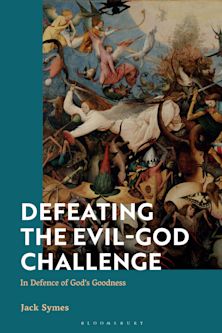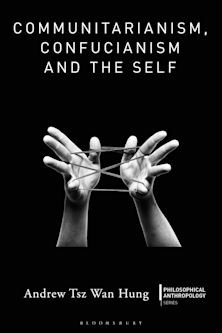Frederick Douglass and the Philosophy of Religion
An Interpretation of Narrative, Art, and the Political
Frederick Douglass and the Philosophy of Religion
An Interpretation of Narrative, Art, and the Political
This product is usually dispatched within 3 days
- Delivery and returns info
-
Free US delivery on orders $35 or over
Description
Frederick Douglass and the Philosophy of Religion: An Interpretation of Narrative, Art, and the Political addresses Douglass’s narrative method and the reformed epistemology of analytic theism within the context of Incarnational theology. Timothy J. Golden argues that in this context, Douglass’s use of narrative maintains a robust moral, social, and political engagement—and thus a closer connection to an authentic Christian theology—in a way that analytic theism does not. To show this contrast, Golden presents existential and phenomenological interpretations of Douglass, reading him alongside Kierkegaard, Kafka, and Levinas. Golden concludes the book with reflection on how Douglass’s Incarnational theology connects to his future philosophical and theological work, which understands consciousness (subjectivity) as saturated in time understood as history. Golden argues that the resulting view of consciousness helps to overcome abstraction in a variety of philosophical subfields, including jurisprudence and gender studies.
Table of Contents
Introduction: The Dawn: A New Day for a New Song
1 The Word Made Flesh: Narrative and the Jurisdiction of History
2 The Truth in Fiction: Narrative, Art, and Subjectivity
3 Overcoming Theodicy: Narrative, Poetry, and the Phenomenology of Suffering
4 A Demand for Universality: Narrative, Art, and the Politics of Moral Suasion
5 An Ethical Metaphysics of the Flesh: Narrative, Theology and Justice
Epilogue: Toward a Philosophical Theology of History: Narrative and Resurrection
Bibliography
Index
Product details
| Published | Aug 29 2023 |
|---|---|
| Format | Paperback |
| Edition | 1st |
| Extent | 276 |
| ISBN | 9781666907018 |
| Imprint | Lexington Books |
| Dimensions | 9 x 6 inches |
| Publisher | Bloomsbury Publishing |
Reviews

ONLINE RESOURCES
Bloomsbury Collections
This book is available on Bloomsbury Collections where your library has access.












